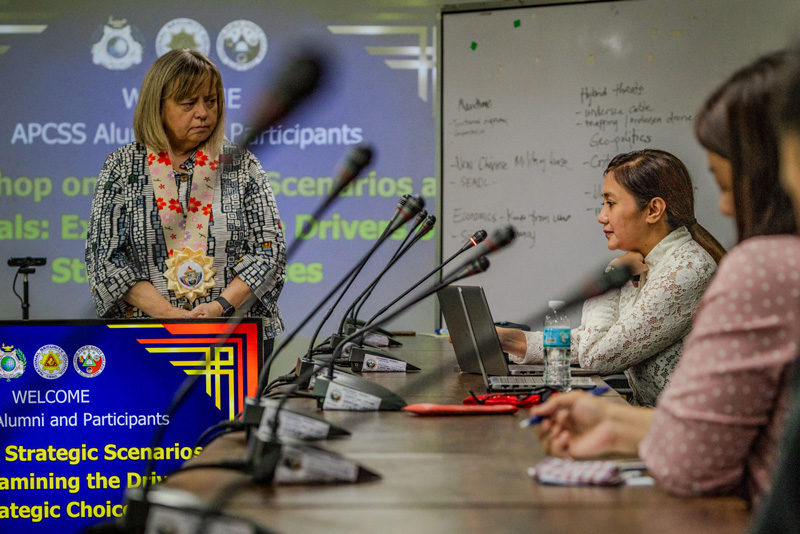“Policy recommendations for combatting overfishing and fisheries crime,” is the title of a paper by Dr. Deon Canyon, Dr. Ethan Allen, Capt. Michael Long, and Lt. Cmdr. Christine Brown, for Security Nexus. This paper explores the perpetrators of overfishing, the role of fisheries crime in overfishing, efforts to combat overfishing including legal frameworks, approaches of the US and its partners, and international security cooperation on fishing subsidies, and provides seventeen policy recommendations.
Summary
Like all natural resources on Earth, fish are finite. While aquaculture now supplies about half of the fish caught annually, and while estimates of amounts being fished vary widely, data suggest that, globally, over one-third of fish stocks are harvested beyond biologically sustainable limits. The problem of overfishing is rapidly getting worse as the mass of captured fish increased four-fold over the past six decades, particularly in tropical oceans. Trends indicate a non-sustainable trajectory for fish populations, worldwide, with increases in per capita fish consumption outstripping human population growth. In 2018 (the most recent year for which data are available), about 156 million tons of fish, 20.5 kg per person, were consumed by people, with another 22 million tons used for products such as fishmeal and fish oil. About 70% of the fish taken were from the Indo-Pacific.
Dr. Canyon, Dr. Allen, Capt. Long, and Lt. Cmdr. Brown are professors at the Daniel K. Inouye Asia-Pacific Center for Security Studies in Honolulu. The views expressed in this article are the author’s alone, and do not necessarily reflect the official position of the DKI APCSS or the United States Government.
Security Nexus is a peer-reviewed, online journal published by the Daniel K. Inouye Asia-Pacific Center for Security Studies.
-END-










Leave A Comment